We’ve gone on countless times about recovery being one of the most vital yet overlooked components or elements of training so as a follow up to the melatonin article we put out a short while back we’re following it up with this.
The environment our clients attempt to take quality sleep in just doesn’t fit with the confines or definition of quality sleep. Largely down to affordability, and portability its quite commonplace to find a screen of some description in any residential bedroom whether it be a television, a computer, tablet or smartphone the screen is now a widely accepted item in todays modern bedroom, if only for the lazy days chill over the weekend.
As we touched on in the melatonin article, any form of light upsets the bodys ‘falling asleep’ pattern, and prolongs or reduces the production of melatonin which will either prevent the individual from falling asleep when they actually plan to, or result in sleeping too much which bizarrely results in the same lethargic and fatigued feeling the morning after so our advice again on this point is to create an environment that is dark with neutral and peaceful colours, whilst minimising the use of screened technology in the hours leading up to bed time. Secondary to the sight factor, sound also has a part to play here, as in most circumstances where light conditions are low the human body experiences a heightened sensitivity to other senses such as sound, touch or feel, and smell all of which we’ll get on to. We’ve all been there when there’s been a really distracting noise going off outside that prevents us getting to sleep, such as that hooligan speeding about on the quiet night roads, or that holidaying neighbours alarm going off! Even though these are beyond your own control and you can’t stop the noise it is a good idea to have interventions in place which will reduce the outside noise. Earwear (plugs/ defenders), ambient noise such as white noise/ rain and waves are all known to help relax the body and disguise ambient noises, allowing you the chance to set off on a good nights sleep at least.
We mentioned in our homeostasis article that in everything we ask of our body, the only thing our body asks in return is balance. If the body is cold, we shiver to keep warm and if its hot, we sweat to cool down. With that said, its a good idea to invest in the highest quality bedding you can budget for. Natural fibres are better than synthetic fibre in almost everything related to bedding, just like unrefined food is better for our body than anything refined so this is always worth taking on board when buying your bedding. Cotton, wool, down and silk all carry amazing qualities such as heat retention and breathability which help keep the ‘in bed’ temperature closely matched to that of your core which translates as no night chills, or sweats.
Personally I always have a window cracked open just to allow for the flow of air. Believe it or not this was pre covid too! I don’t close my curtains which means in the summer months when the birds come to song and the sun rises, the change in light brings me to awaken, its very rare that I even need an alarm clock through the summer months because these parameters I set myself allow for a good circadian rhythm. I realise this won’t be the same for everyone, the curtains alone (or the thought of sleeping with them open) weirds people out enough, so if its one thing to take from that, its to open a window and let that free air flow.
Lastly, and in true form I have saved the best until last. Food. It is worth understanding how different food types make the body behave and how it can have an effect on your sleep.
Naturally, protein in our diet is responsible for repairing damaged cells and therefore comes as no great surprise when it becomes evidenced that protein and fibre promote healthy sleep. However, carbohydrates and fats in high quantities (straight away aiming at the crap people eat watching telly) late at night is difficult for the body to deal with.
I want to use an analogy here, and that is if you present most dogs, with a ball, straight away the dog is expecting you to throw it which means ‘exercise’. This means that when we eat carbohydrates and fats, high or low sugar your nervous system picks up on this, and because carbohydrates are responsible for producing energy the nervous system thinks you’re going to exercise, or train or become active suddenly. Even if this IS the case there’s a very real chance that the amount consumed will far outweigh the level of activity and still result in a poor sleep cycle, increased feeling of lethargy and a heightened state of irritability the next day.
We’ve long been banging the drum for better recovery whatever your training goal is. 95% of this industry is populated with people wanting to lose weight, all fad lingo and buzz word aside such as toning up, leaning our, getting ripped or shredded it amounts to the same thing and how you sleep could be that final piece of the puzzle. Good sleep is hard to come by because the modern environment seldom allows for this to happen. We live in a 24 hour world and bedtime is just one more email away, or one more episode, or lets just watch this daft fella walk into a big glass window before I sleep, which can be fun. But it can also be the difference in feeling positive about what you want to achieve, and smashing it or feeling negative, ill motivated about it and not even coming close.
Don’t take our word for it, set yourself a little ‘pre sleep routine’ and stick to it. It might just be what you needed.
To summarise, set a regular bed time in a softly lit or dark room, minimise screen time beforehand. If you eat before bed try to make it more protein based. Open a window to allow the flow of air, even if it is cold outside. Pyjamas can also reduce or effect the ‘in bed’ temperature as your body heat is retained in the pyjamas, and not in the bedding which can lead to overheating or falling cold.

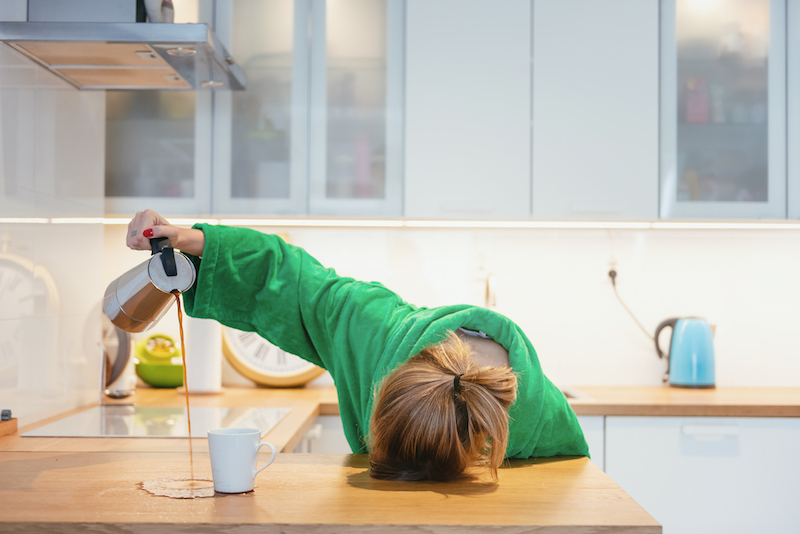
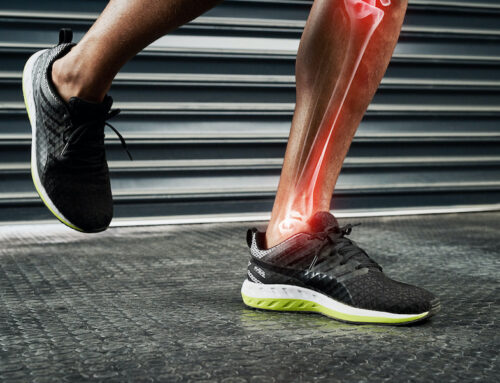
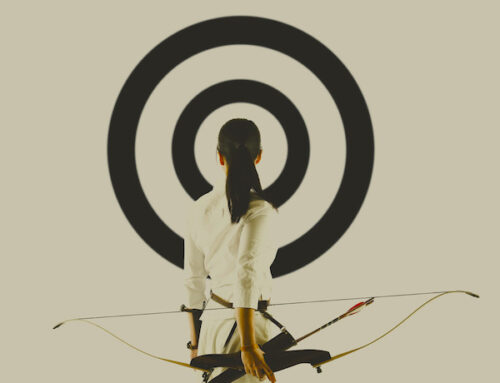


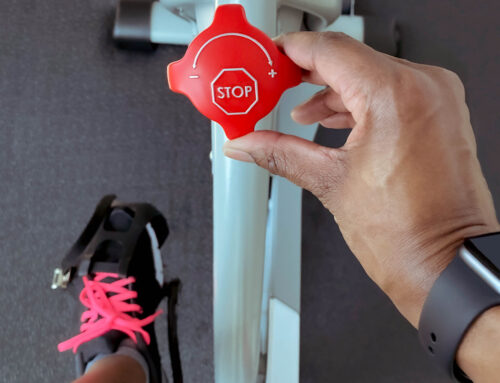
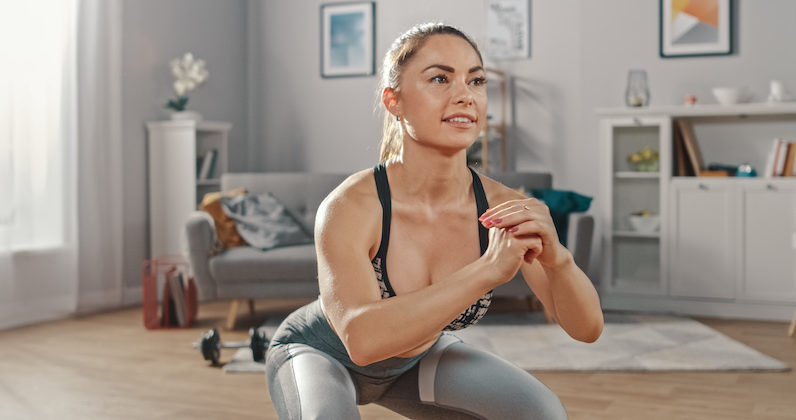 >
>

Leave a Reply